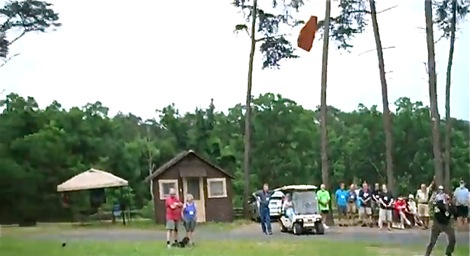When I was in college, I wanted to take a course that was being offered on the history of jazz; but I was still a physics major, and didn’t have the time. So I bought the main book for the course, Blues People by LeRoi Jones, and read it on my own. I was listening to a lot of jazz at the time, and Jones — who had changed his name to Amiri Baraka by the time I read the book — showed me how jazz grew out of the historical and social experiences of people of African descent in the United States. It was one of those books that changed the way I understood the world, and started me off on an intellectual journey that led to Harry T. Burleigh and James Weldon Johnson and Sun Ra, and (by a circuitous route) to James Cone and William R. Jones.
Blues People has, I think now, a deep theological strain to it. When I read James Cone’s The Spirituals and the Blues, I couldn’t help comparing Cone’s understanding of African American music to Baraka’s understanding, not entirely favorably. Cone focuses too much on Christian doctrine, and I think that tends to exclude some of the irreducible African-ness of the spirituals and the blues, and later jazz. Baraka, on the other hand, showed how African Americans remained a part of the African diaspora, keeping their spirituals in some sense separate from the white man’s religion, and he showed (I thought so, anyway) the way so-called secular music could made sense out of lived experience, could bring meaning to life. I later learned — heard, really — how jazz could incorporate the lived experiences and meaning-making of other cultures, particularly Latin American cultures, but also various white North American cultures. Baraka opened my eyes to how jazz can express cross-cultural thoughts and longings and meaning-making, and so I came to understand it as the religious music par excellence. And so it was that Baraka opened my heart to William R. Jones’s Is God a White Racist? (the answer to the title is a nuanced and qualified yes). I don’t think you can understand God in the same way after you’ve read Blues People.
Baraka’s poetry had less of an impact on me. I love some of his individual poems: “Numbers, Letters,” for example, had some exquisite lines that have stayed with me for years, that match or surpass anything written by Allen Ginsberg or the more famous white Beats:
If you’re not home, where
are you? Where’d you go? What
were you doing when gone? When
you come back, better make it good….
…I am Everett LeRoi Jones, 30 yrs. old.
A black nigger in the universe. A long breath singer,
wouldbe dancer, strong from years of fantasy
and study….
That’s what I wanted to be: a long breath singer who is strong from years of fantasy and study; but I never made it, though the poem stayed with me. Some of Baraka’s poems have been living inside me for years: “Numbers, Letters” of course; and “For Hettie” and “Legacy” and “Poem for Speculative Hipsters” and others. But I could never sit down and read a whole book of his poems, the way I could with Langston Hughes or Elizabeth Bishop (I must have read “Geography III” a few dozen times) or Denise Levertov or Lucille Clifton. The fault is mine, I know. I can recognize Baraka’s brilliance, I can appreciate the bracing clarity of his moral insight, I need the white heat of his anger — but I feel that he demands something of his readers (and of himself) that is beyond human ability; or at least beyond my ability. It’s hard to read a whole book of poetry when you know that you’re going to fall short of what the poet demands of you; when you know that you or any error-prone, love-befuddled, smelly, awkward, confused and all-too-human being can not live up to what the poet demands. Adrienne Rich is a little that way, too: when I read poets like Baraka and Rich, I know I’ll never be good enough, never be able to transcend my humanness, never be able to get to that land towards which they point. It’s tough to read a whole book that makes you feel that way.
And it’s hard to know what we’ll do without Amiri Baraka. We need people who will hold us to impossible standards. I miss him already.

